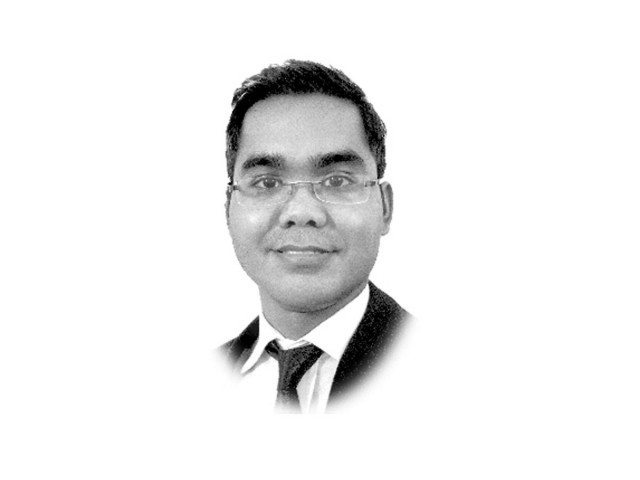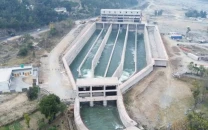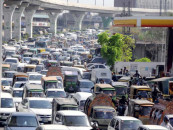The ‘national elite’

The national elite, as espoused by many political science experts such as John Higley, a professor at University of Texas at Austin, and Michael G Burton, professor at the University of New South Wales, Australia, are individuals who due to their authoritative positions in powerful organisations and movements, alter or influence national political outcomes regularly and substantially.
Such national elite can either be united or focused on a minimal set of points of mutual interest and benefit. Or the same can be disunited, and at each others' throats bidding for authority and power. The former type of national elite may have varying factions; however, the level of opposition to the ruling regime will be within certain boundaries, pre-determined and agreed to between the various stakeholders. In a nutshell, the members of the national elite share a largely tacit consensus about rules and codes of political conduct amounting to restrained partisanship, and participate in a more or less comprehensively integrated structure of interaction that provides to them a relatively reliable and effective access to each other and to the most important decision makers.
However, in a scenario where semi-autonomous or independent units forge together to form a single country, a disunited type of national elite tends to result. In this, the former ‘national elite’ of the semi-autonomous or independent units become a mere component of a larger ‘national elite’ of the newly founded country. These various components contend amongst each other for influence and power within the newly-founded country, and seek to safeguard their independent interests without recourse or consideration of the other stakeholders. In fact, the goal is to end all opposition if possible and maintain their hegemony over the rest. Hence, the relationship between the varying factions is riddled with acute insecurity, with the success of one member/components of the national elite resulting in the marginalised and insecure opposing members resorting to violent protests, agitations and other means of sabotaging the stability of the incumbent administration in order to weaken the said government and resurrect their influence and interests. Hence, such a system is epitomised by regime instability and is therefore susceptible to military interventions.
One method of uniting such a fractured national elite is through a political settlement. In this, the multiple stakeholders of the political elite get together and negotiate a framework of engagement for the continuation of a system that protects the interests of these stakeholders. The focus is shifted from suspiciously viewing the gains of one member in assuming a governing position allowing the latter to rule, subject to certain interests of the opposition being secured. This political settlement, in all likelihood, would ensure that in challenging an opposing stakeholder, no party shall turn up the heat to the point of the system being wrapped up via a military intervention or anything of the sort.
The settlement is flowered with multiple power-sharing understandings or agreements, all intending to allay and decrease the apprehensions and insecurities of the various groups of the national elite, thereby achieving a consensus system. Although the above concept only provides a certain degree of guidance with regard to Pakistani politics, as will be seen in my next article, it certainly offers an interesting insight into the intricacies of the Pakistani political setup and why no system, whether a dictatorship or a democracy, has been able to flourish in Pakistan over a period of 60 odd years.
Published in The Express Tribune, July 26th, 2010.













COMMENTS
Comments are moderated and generally will be posted if they are on-topic and not abusive.
For more information, please see our Comments FAQ